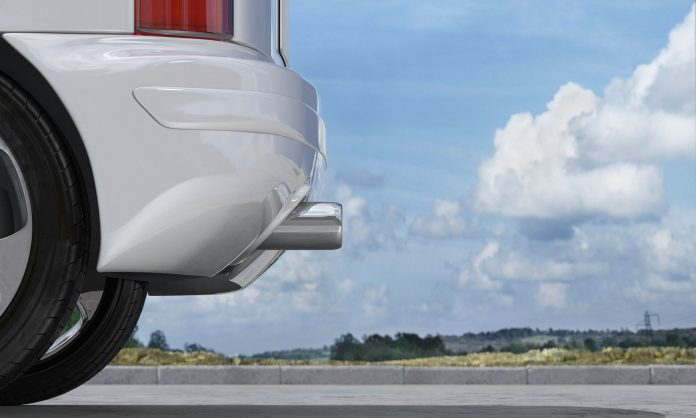Pakistan’s vehicle emission standards remain stuck at Euro-II levels — a benchmark abandoned globally more than a decade ago — the National Assembly’s Standing Committee on Climate Change was told by the Ministry of Climate Change.
As per reports, officials from the Ministry of Climate Change and the Islamabad Capital Territory administration briefed the committee, admitting that National Environmental Quality Standards still align with Euro-II, far below modern Euro-V and Euro-VI benchmarks.
Committee chairperson Munaza Hassan said there was “no mechanism in place to check emissions or enforce compliance,” calling it a major lapse in environmental oversight.
Islamabad Deputy Commissioner Irfan Nawaz Memon informed members that the Pakistan Environment Protection Agency (Pak-EPA) lacks both funding and technical capacity to monitor air quality. He said testing equipment had been borrowed from Punjab’s EPA, while the Capital Development Authority financed five additional units.
The committee directed the climate ministry to submit a detailed, time-bound action plan within four weeks to improve air quality and strengthen monitoring. It also recommended enhanced funding and urged that environmental concerns be made a key component of Pakistan’s foreign policy agenda. Experts attending the session said targeted actions such as staggered school and office timings, improved road infrastructure, and use of catalytic converters could cut urban air pollution by nearly 30%.
In addition, they suggested emission testing during vehicle transfers, incentives for retrofitting, and transitioning to Euro-V compliant fuels. “We should at least try to make Islamabad a model city,” the chairperson remarked.
Meanwhile, in Skardu, the Senate Standing Committee on Kashmir Affairs, Gilgit-Baltistan (GB), and SAFRON met under Senator Asad Qasim to discuss the impact of climate change on the region. The committee noted that GB remains highly vulnerable to climate-induced disasters, including glacial lake outburst floods and cloudbursts.
Officials briefed senators on forest conservation efforts and the seizure of 1.1 million cubic feet of illegal timber. They said many residents rely on wood for fuel due to power shortages, but clean energy projects are underway under the prime minister’s directives.
The committee directed authorities to expand community awareness and offer incentives for forest protection.
A separate meeting reviewed the UNDP-funded GLOF-II and Early Warning System project in GB and Khyber Pakhtunkhwa. Officials reported that 218 of 292 early-warning stations are fully functional, with communication and civil work issues affecting the rest.
The Senate panel called for stronger coordination among the Disaster Management Authority, Meteorological Department, and UNDP to ensure data access and a swift emergency response.





It’s been years and Government has not done following.
Bikes to be Euro 4 or 5 standards. Right now they are hardly Euro 2.
The fuel we are getting is claimed to be Euro 4 for PG and Euro 5 for Diesel. But for Petrol the E15 Fuel with Ethanol is not being used even though neighboring India has gone to E20 fuel. This is both cleaner with higher octane rating of 93 or better and it is also environment friendly during combustion.